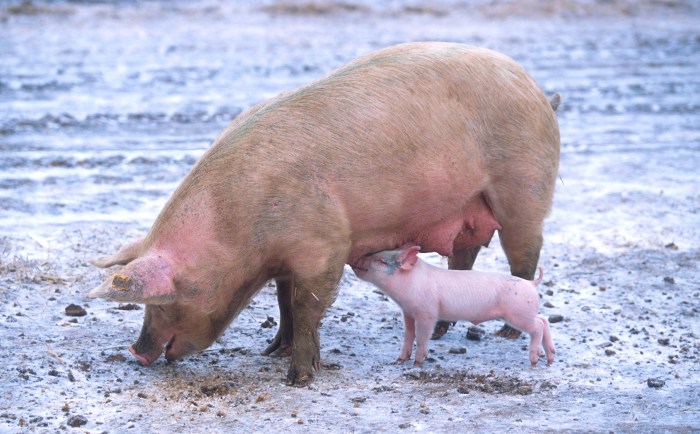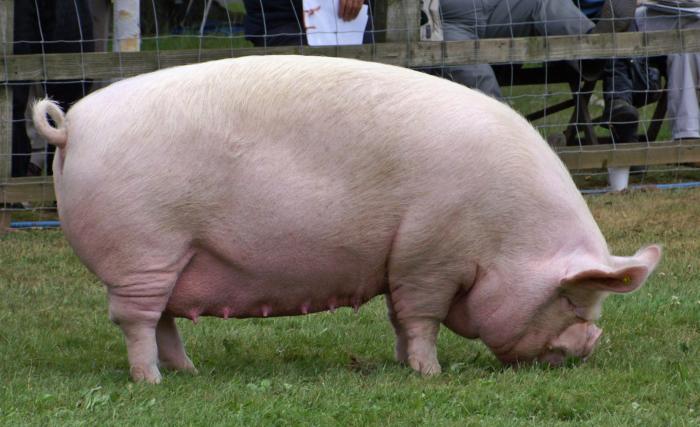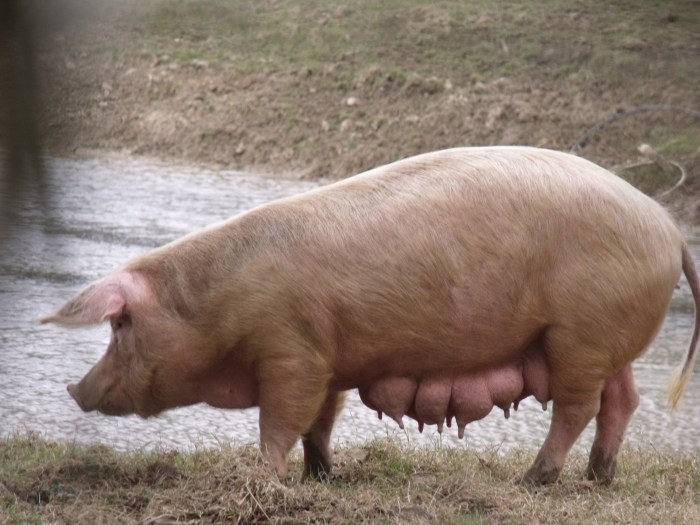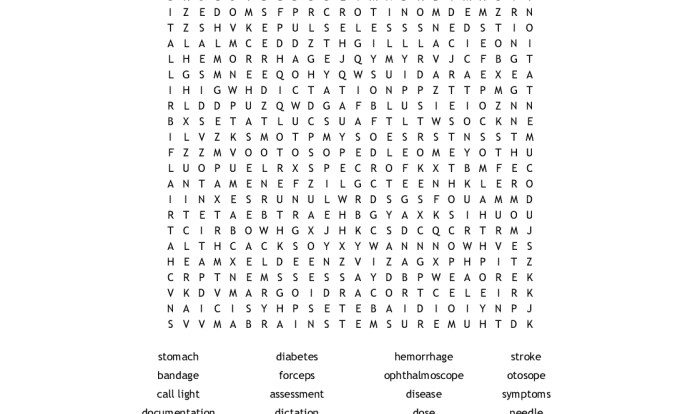Noted parent of eight newborns crossword clue invites us on an intriguing journey into the realm of large families, exploring historical figures, contemporary experiences, cultural perspectives, medical considerations, and the psychological impact of raising multiple newborns.
This article delves into the fascinating world of families with an extraordinary number of newborns, shedding light on the challenges, rewards, and societal implications associated with such unique experiences.
Noted Parent of Eight Newborns
This crossword clue refers to a famous historical figure known for having eight children born at once. The number “eight” in the clue is significant because it highlights the extraordinary nature of having such a large number of newborns simultaneously.
Potential answers to this clue include:
- Octomom (Nadya Suleman)
- In vitro fertilization (IVF)
- Multiple birth
Historical Figures with Large Families: Noted Parent Of Eight Newborns Crossword Clue
| Figure | Number of Children |
|---|---|
| Genghis Khan | 20+ |
| Catherine the Great | 17 |
| King Henry VIII | 11 |
| Emperor Taizong of Tang | 21 |
| Queen Victoria | 9 |
During their time periods, social and cultural factors such as high infant mortality rates, arranged marriages, and the need for a large workforce influenced family size. These large families impacted the lives of these figures and society by providing heirs, strengthening alliances, and contributing to population growth.
Contemporary Families with Multiple Newborns

In contemporary times, medical advancements such as IVF and assisted reproductive technologies have made it possible for families to have multiple newborns at once. These families face challenges such as financial burdens, time constraints, and the need for specialized care.
However, they also experience the rewards of a large and loving family.
Stories of contemporary families with eight or more newborns include:
- The Busby family (OutDaughtered reality TV show)
- The Radford family (23 children)
- The Bates family (19 children)
Cultural and Religious Perspectives on Large Families

Cultural and religious beliefs can influence attitudes towards large families. In some cultures, large families are valued for their contributions to society, while in others they may be discouraged due to economic or environmental concerns.
Examples of societies where large families are supported include:
- Traditional African cultures
- Orthodox Jewish communities
- Mormon communities
Families with multiple newborns in cultures that do not traditionally support large families may face challenges such as social stigma and lack of support.
Medical Considerations for Multiple Newborns

Multiple newborns are at higher risk for complications such as premature birth, low birth weight, and respiratory problems. They require specialized care in neonatal intensive care units (NICUs).
Long-term health outcomes of multiple newborns compared to singletons may include an increased risk of developmental delays, learning disabilities, and chronic health conditions.
Psychological and Emotional Impact of Multiple Newborns
Parents of multiple newborns face unique psychological and emotional challenges. They may experience stress, anxiety, and depression. It is crucial for these parents to have access to support systems and coping mechanisms.
The bond between parents and their multiple newborns can differ from that in families with fewer children. Parents may feel overwhelmed but also experience intense love and gratitude for their large families.
FAQ Resource
Who is the noted parent of eight newborns?
The answer to this crossword clue varies depending on the specific crossword puzzle.
What are the challenges of raising eight newborns?
Families with multiple newborns face challenges such as managing feedings, diaper changes, and sleep schedules, as well as the emotional and physical demands of caring for so many infants simultaneously.
What medical considerations are associated with multiple newborns?
Multiple newborns may require specialized care due to premature birth, low birth weight, or other medical conditions. They may also have an increased risk of developmental delays and long-term health issues.

